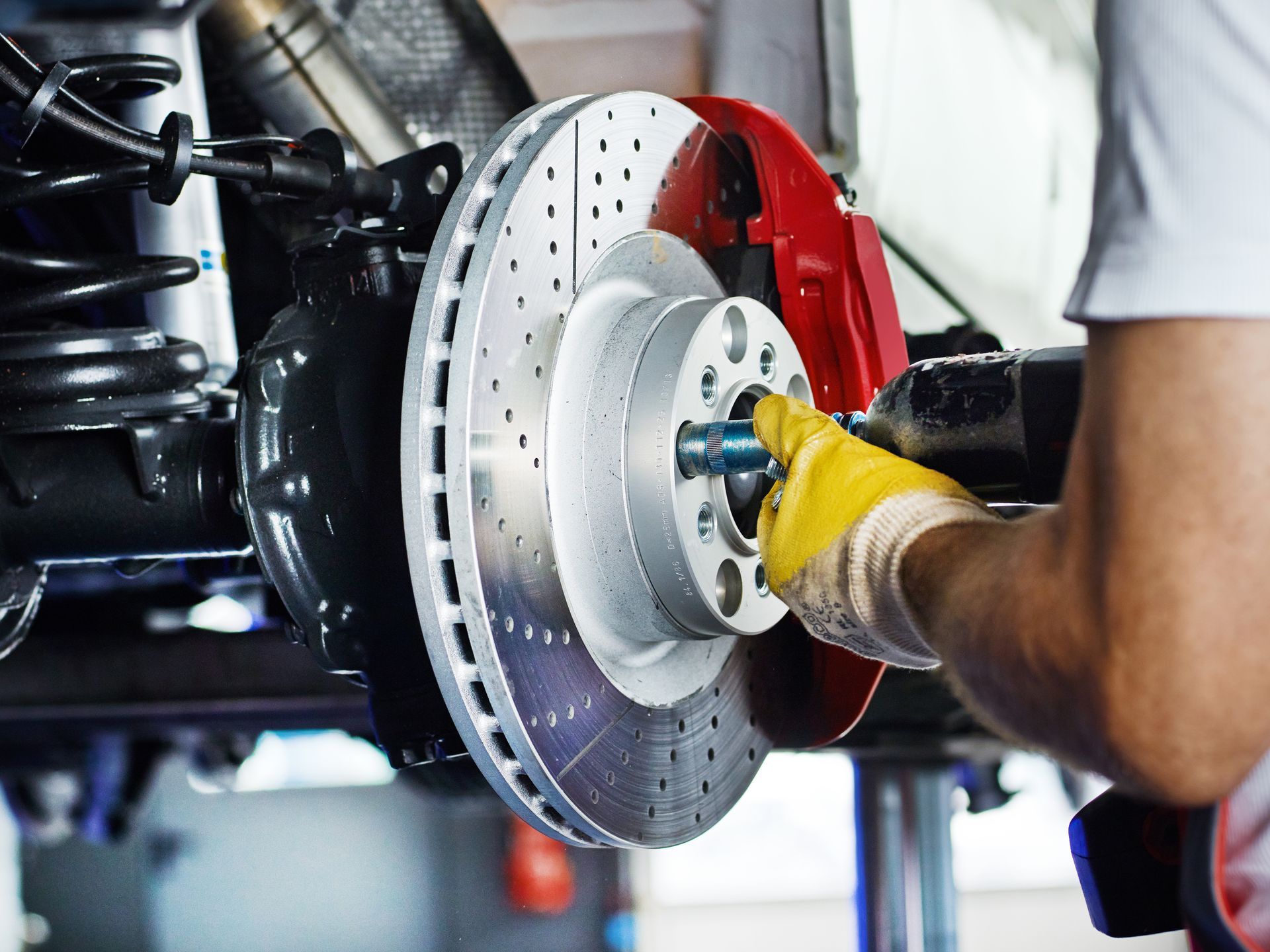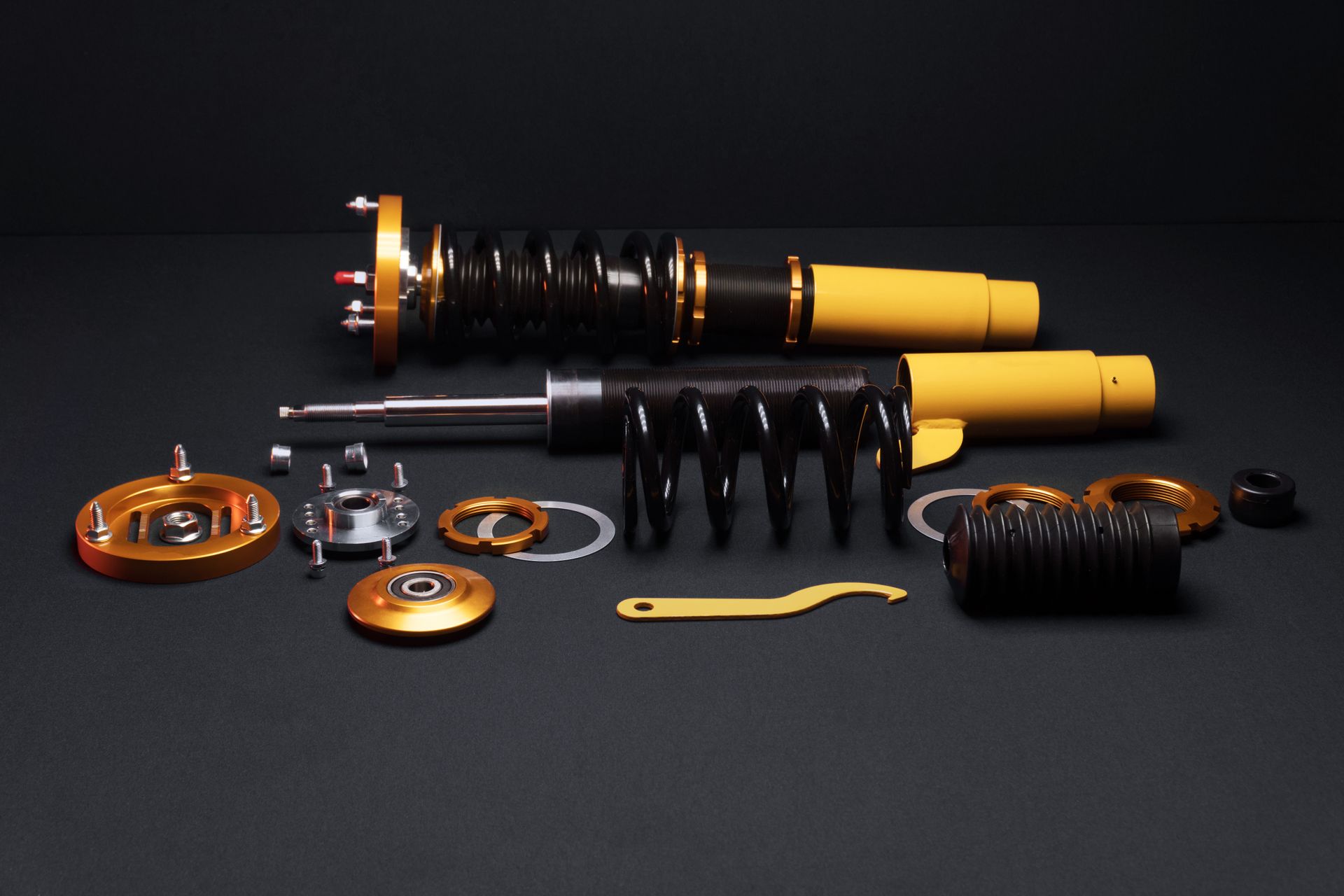Are you torn between traditional and synthetic engine oils for your car? The ongoing debate surrounding the use of synthetic engine oil continues to stir curiosity among car owners.
Car enthusiasts or curious novices, join us as we explore the fascinating world of engine lubricants and their impact on vehicle performance—most importantly, how synthetic rose to the fame it has today.
Pros of Synthetic Engine Oil
Improved Engine Lubrication
Synthetic engine oils boast precisely engineered formulations comprising advanced additives and base oils. These components work synergistically to provide superior lubrication properties compared to their conventional counterparts. Synthetic oils effectively reduce friction and wear by forming a more resilient protective barrier between moving parts, thus enhancing engine longevity and performance.
Enhanced Temperature Stability
A standout feature of synthetic oils is their remarkable resistance to thermal breakdown, making them exceptionally well-suited for demanding conditions encountered by high-performance engines. Synthetic oils maintain viscosity and protective attributes across a broad temperature spectrum, whether braving scorching summer heat or enduring freezing winter chill. This inherent stability ensures consistent engine protection and performance, regardless of environmental extremes.
Extended Oil Change Intervals
One of the most compelling benefits of synthetic engine oils lies in their ability to prolong service intervals compared to conventional oils. Thanks to their superior resistance to oxidation and degradation, synthetic oils can effectively maintain their performance over extended periods. This translates to fewer required oil changes and reduced maintenance frequency, ultimately saving both time and money for conscientious vehicle owners.
Better Fuel Efficiency
The inherent properties of synthetic engine oils contribute to subtle yet notable improvements in fuel efficiency. Synthetic oils facilitate smoother operation and reduce energy losses by reducing internal friction within the engine and optimizing flow characteristics. While the impact on fuel consumption may seem modest, the cumulative effect over time can lead to tangible savings at the pump, all while reducing environmental emissions.
Cons of Synthetic Engine Oil
Higher Cost
Despite their undeniable benefits, synthetic engine oils often have a higher price tag than conventional alternatives. This initial investment may deter some consumers, particularly those on a tight budget or accustomed to lower-cost options. However, it's essential to consider the long-term value proposition of synthetic oils, factoring in potential savings in maintenance and fuel consumption over the life of the vehicle.
Compatibility Issues
While synthetic engine oils are compatible with most modern vehicles, compatibility concerns may arise in certain scenarios. Older or high-mileage vehicles with unique seal materials or engine designs may not fare well with synthetic oils, potentially leading to leaks or other mechanical issues. In such cases, it's crucial to consult with a qualified mechanic or adhere to manufacturer recommendations to ensure compatibility and prevent costly repairs down the road.
A2B Euro Car Repair offers some of the best oil changes in town! Don't believe us? Come and try for yourself - we also offer other procedures you can take advantage of while at the shop.










